Outdated cannabis DUI limits put medical patients and legal users alike in jeopardy
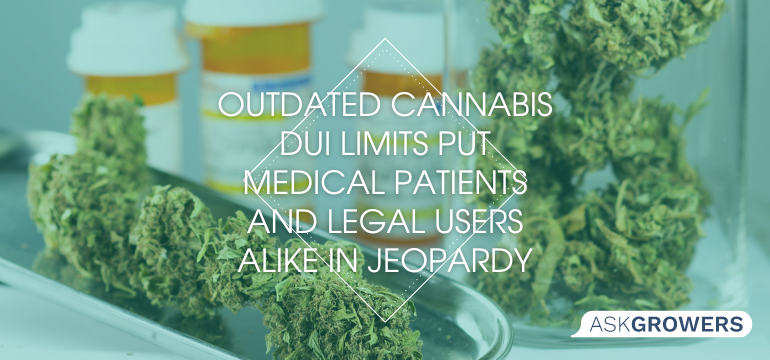
Petty Officer Jeff Krajnak returned to his hometown of Las Vegas, Nevada a hero in 2013, but grueling combat tours to Kosovo, Afghanistan, and Iraq had taken a heavy toll on the 15-year Navy veteran and his once-vibrant personality.
Prescribed 11 different pills to cope with severe Post Traumatic Stress Disorder from his time in the military, Krajnak, 45, mumbled and stuttered through his sentences. The medicine had reduced him to one step above a living vegetable.
Within a couple years, Krajnak had greatly improved, thanks to medical marijuana. He began legally smoking the plant every night before bed and eventually stopped using all but two of his zombie pills because cannabis was doing the trick. He spoke mostly clear sentences without stuttering or stumbling. He was also sleeping for entire nights again for the first time since before he entered the Navy.
“Marijuana saved my life,” he explained. “It made me feel human again.”
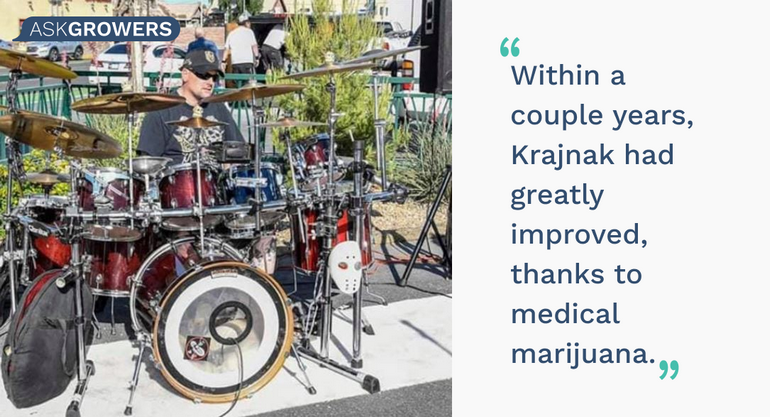
Unfortunately, Krajnak’s marijuana story doesn’t end there. He’s also a cautionary example for how far the plant still has to go in the eyes of the law.
Driving to his young son’s tee-ball game in 2017, Krajnak held his foot steady on the pedal of his Jeep Wrangler, cruising through one of nearly a dozen traffic lights on the bustling Boulder Highway in east Las Vegas.
At one of the green lights, Krajnak was surprised to see a sedan speeding across the intersection. By the time he could react, it was too late.
The Navy veteran T-boned his Jeep into the sedan at 50 miles per hour, killing the other vehicle’s driver who police later determined had caused the crash by running a red light.
Police interrogated Krajnak at a nearby hospital that afternoon and drew his blood before letting him go home. Witnesses at the scene gave different stories on which driver was at fault, and the cops decided Krajnak hadn’t done anything wrong.
But a month later, a team of SWAT officers showed up at his home. They tackled Krajnak, cuffed him, and drove him to jail where he was booked for driving under the influence during the crash because his blood test had come back positive for weed — double Nevada’s legal limit of two nanograms of active THC per milliliter of blood and a marijuana metabolite count of five nanograms per milliliter.
The problem? Krajnak hadn’t smoked for almost 24 hours before getting into his car on that dreadful afternoon. Nevada’s brutally low DUI limit for marijuana meant almost everybody who used the plant within a month before their offense could still test over the limit, because cannabis residue can take weeks to completely leave a person’s bloodstream.
“I’m certain I was not impaired in any way,” Krajnak said.
In court, a judge maintained Krajnak wasn’t at fault in the crash. Yet because of the weed levels in his bloodstream, he spent six months in jail and landed a five-year probation term that ended just last month.
He’s far from the only U.S. cannabis patient to fall prey to archaic DUI laws. Thousands of other Americans have suffered the same fate in recent years, despite efforts in marijuana-legal states to improve legislation.
Arrested with minimal proof
For police officers to prove a driver is operating a vehicle under the influence of alcohol, they need normally only to administer a breathalyzer test. If the driver’s blood-alcohol content is over the legal limit — which in most states is 0.08 percent — cops can arrest a driver on suspicion of a DUI. Humans metabolize booze relatively quickly, roughly one drink per hour, meaning blood alcohol content is generally very indicative of how intoxicated someone is at the moment they test for it.
In the early days of legal adult-use, which began nearly 10 years ago when voters in Colorado and Washington state approved ballot questions to end prohibition, finding states with similar cannabis DUI laws was like finding a needle in a haystack. Some of the most populated states — like California and Texas — treated weed similar to other drugs by relying only on field sobriety tests and letting responding officers decide whether a driver was high while driving. Basically, if a driver looked and acted high, police could handcuff and arrest them without any proof from biofluids.
Los Angeles resident Javier Rodriguez saw red and blue lights flashing on top of the sedan driving behind him last year on his way home from work. Rodriguez, a 37-year-old paralegal, figured he was being pulled over by mistake. He pulled his Toyota SUV onto a shoulder of the popular Ventura freeway and waited for the officer to walk up to his window.
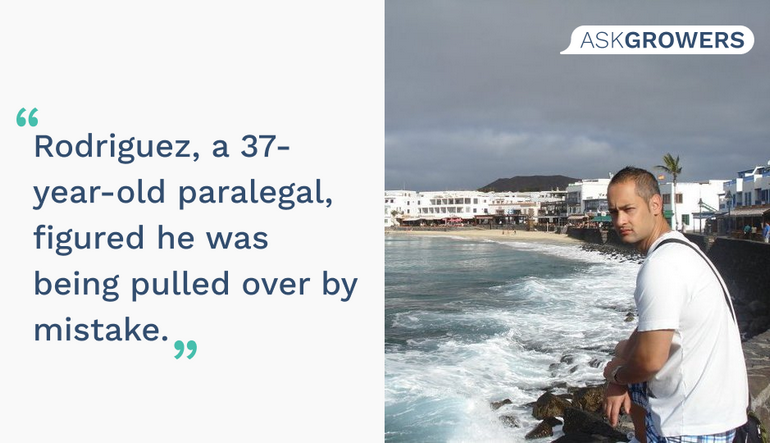
Speeding, the officer told Rodriguez, until she spotted a bag of marijuana flower resting on the passenger’s seat. Rodriguez had purchased the plant legally from a nearby dispensary, and the quantity — an eighth — was well under the Golden State’s one-ounce limit for legal possession.
But seeing the weed was enough for enough for the officer to direct Rodriguez out of the car to perform a field sobriety test. He claims to have stepped out of line just once when asked to walk several steps forward, and he stumbled briefly when the officer asked him to stay balanced on one leg. Before long, he was in handcuffs on his way to jail and facing a DUI drug charge.
“I was nervous because I’d never been asked to do that before,” Rodriguez said of the field sobriety test. “I’m not athletic at all to begin with, and wasn’t under the influence of anything.”
An arrest report for Rodriguez mentioned the bag of weed on his passenger’s seat, but nothing about any smell of the plant coming from the car or any reason for his arrest besides his less-than-perfect field sobriety test.
Since spending that dreary summer night in jail last year, Rodriguez has spent the past year fighting the DUI charge with the Southern California ACLU’s help. Thankfully, the law firm where he’s worked since 2017 has kept him on staff. But Rodriguez knows that finding a job in the future with a DUI on his record could be challenging.
“A DUI conviction has a life-changing impact that not only affects a person’s ability to find employment, but their eligibility for government benefits, loans and even housing,” explained Julia Gomez, an ACLU attorney working with Rodriguez. “We don’t believe Javier was intoxicated at the time of his arrest, nor that the responding officer had probable cause to believe so.”
“A long way to go”
While a small handful of states leave judging a cannabis DUI to officers, other states — such as Florida, Nevada, Illinois, Montana, Ohio and Washington — have specific limits for cannabis metabolites and active THC counts that authorities can measure via a blood or urine tests. But the legal limits vary by state, and have little scientific backing.
A third group of 12 states take a zero-tolerance approach to any THC or marijuana metabolites, including rec-legal states Pennsylvania, New York, Arizona, Michigan and Rhode Island, along with medical states Oklahoma, Pennsylvania, South Dakota and Utah. Drivers caught with even trace amounts of the plant, no matter how long ago they smoked it, land an automatic DUI charge.
Cannabis activist Valerie Corral found marijuana shortly after an auto accident in 1973 caused severe brain trauma and resulted in her becoming epileptic. Weed, according to Corral, helped her replace the 15 pill cocktail that doctors prescribed her to control her seizures.

Despite being the victim of a car accident herself, the 70-year-old resident of Santa Cruz, California said modern day cannabis DUI laws remain “wholly discriminatory.”
“The idea that drivers can still drive with some alcohol in their bloodstream, which we all know is actively causing impairment, but can’t have even the slightest trace of cannabis in many states is absolutely insane and wrong,” she said. “We’ve seen a lot of meaningful progress for cannabis in recent years, but laws on cannabis DUIs are still way behind.”
The laws might still be lagging, but elected officials across the country are at least starting to take notice.
A law in Nevada recently doubled the measurable cannabis metabolite count from 5 to 10 nanograms per milliliter of blood and from 2 to 4 nanograms of active THC at the request of marijuana industry leaders in the Silver State. In Indiana, a state that still outlaws cannabis, officials passed a bill that removed an automatic felony charge for drivers found with weed in their system. Instead, drivers who aren’t at fault in an accident or who don’t show signs of cannabis impairment from marijuana will not face DUI charges for weed.
Pennsylvania legislators are also considering a bill from last year that would require proof of cannabis impairment that interferes with a person’s ability to safely operate a motor vehicle for them to be charged with a DUI.
Montoursville, Pennsylvania resident Jesse Roedts is among many cannabis patients championing such reform laws. The 39-year-old teacher was charged with a DUI last year after being stopped at a state police checkpoint. He told troopers he was a medical marijuana cardholder, then police seized his legal cannabis and took him to have blood drawn.

Authorities eventually dropped the charges against Roedts, but not before he racked up thousands of dollars in legal fees and was publicly humiliated when local media published news of his arrest.
“It’s embarrassing and degrading,” Roedts said. “To reveal personal medical information and have my employment threatened. There’s definitely a better way to go about this.
“We’re moving in the right direction, but we still have a long way to go.”

 Industry
Industry

.jpg)
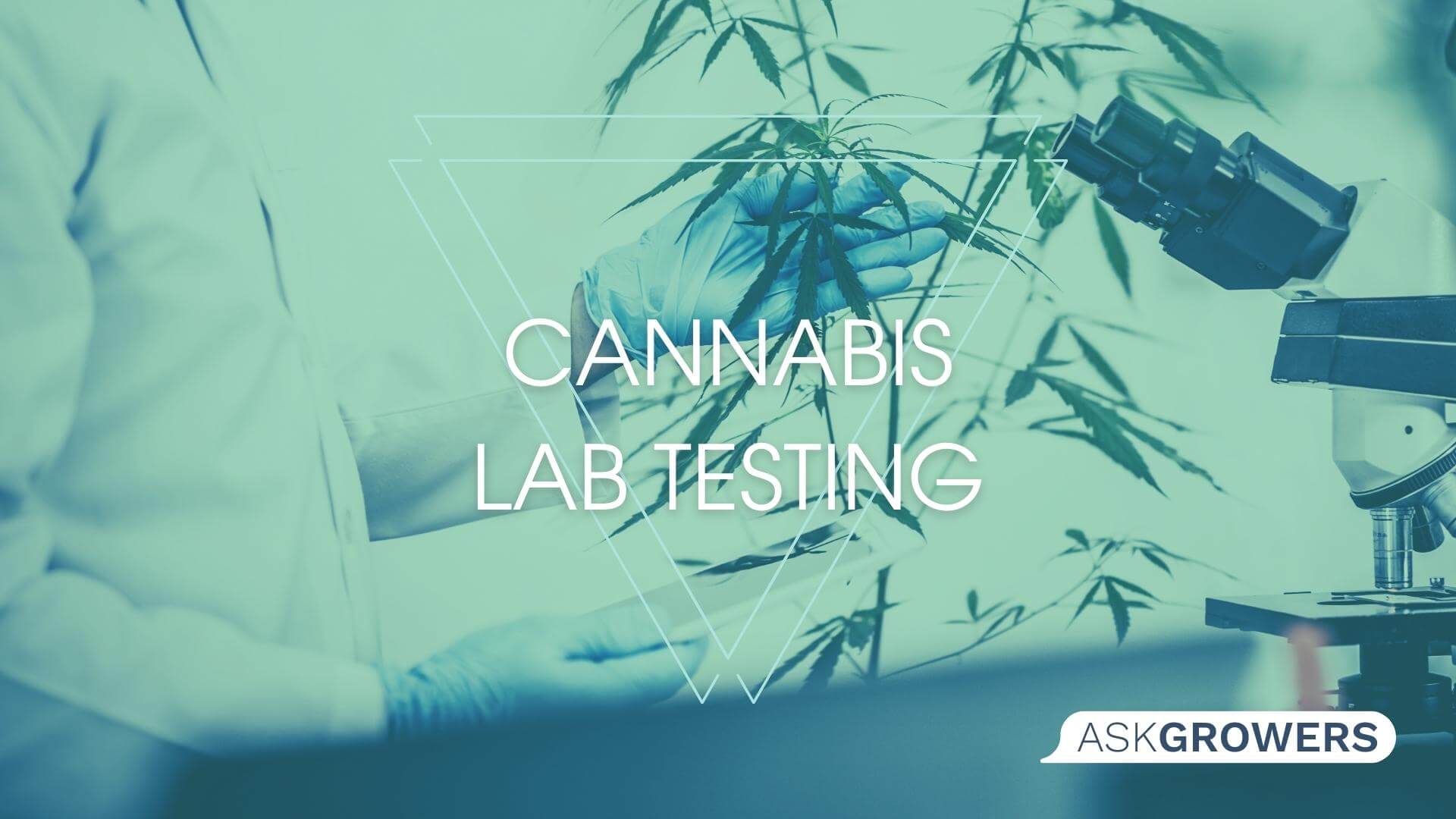




 (1).png)


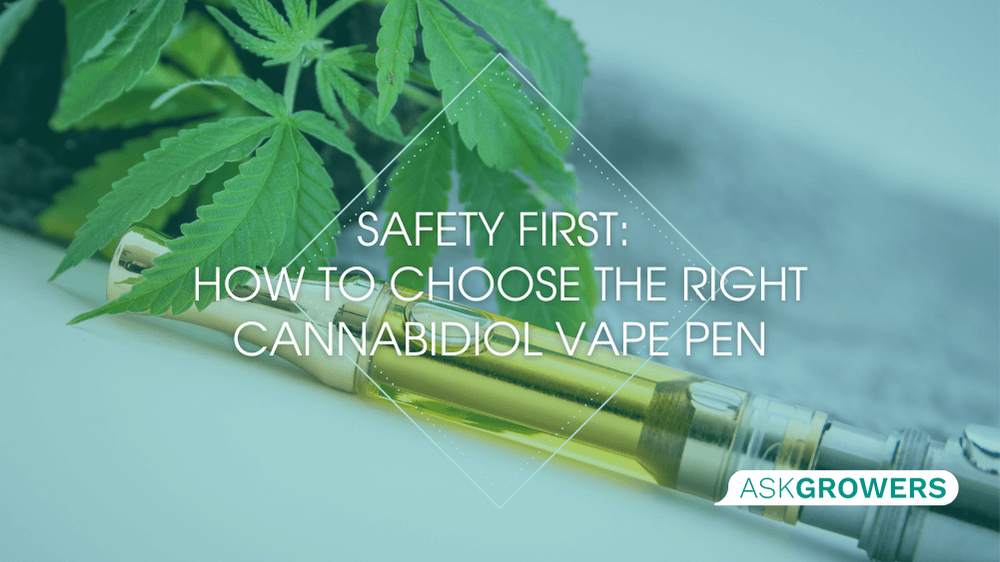
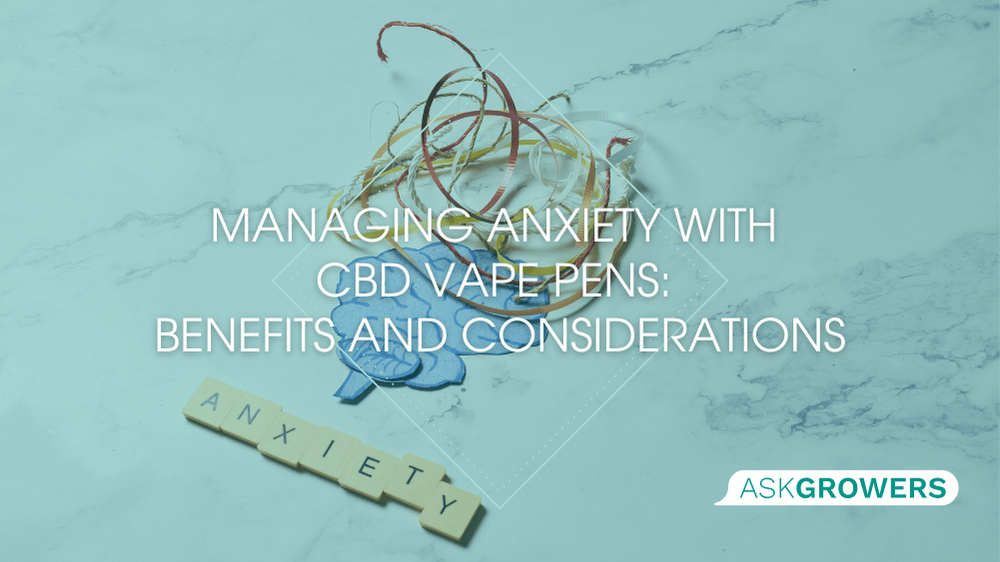
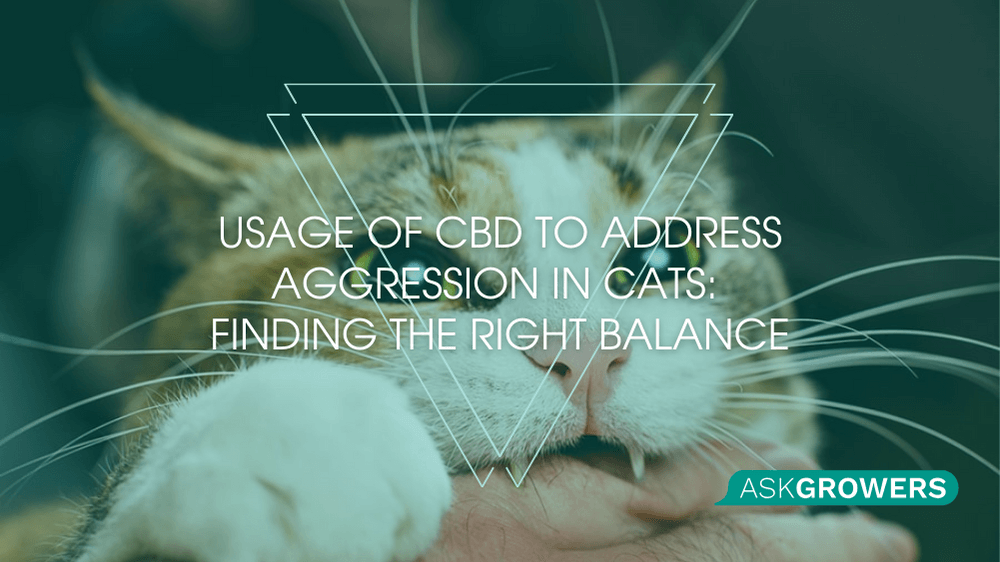

Be the first and share your opinion
Write a Review